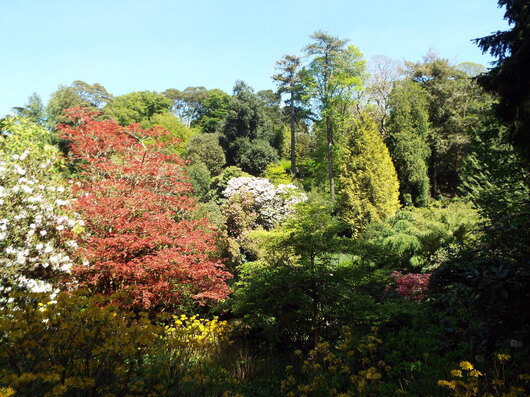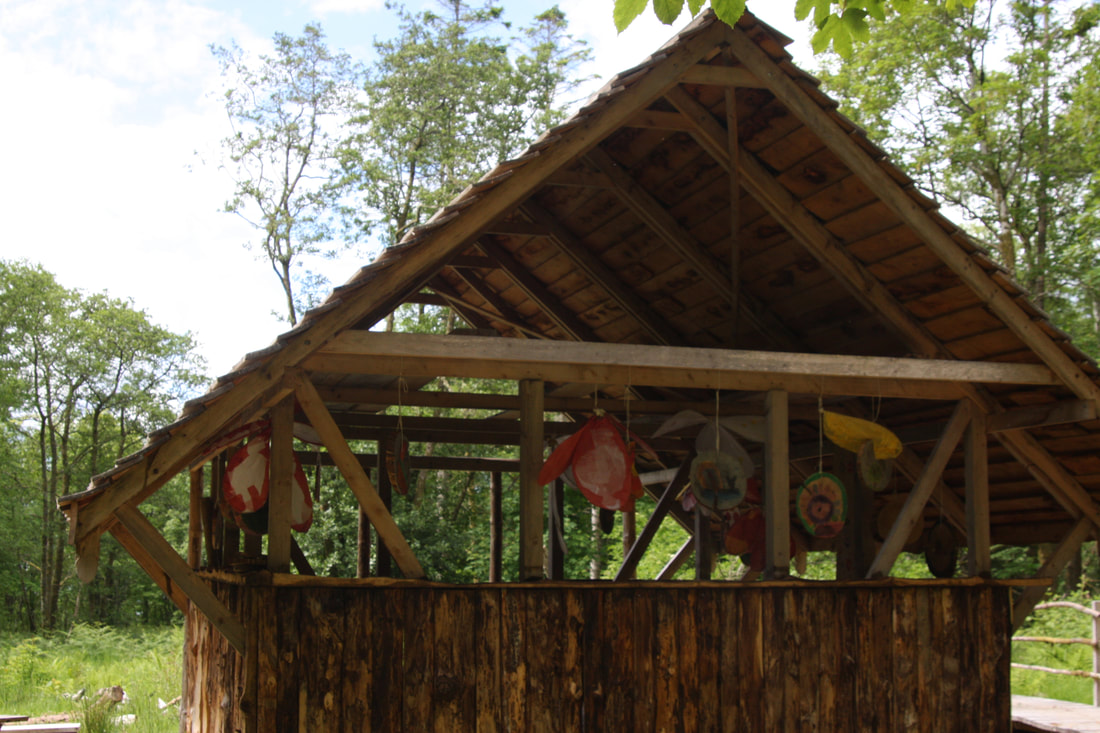This page explores some alternative concepts people can adopt to make a difference to the rural environment, habitats and rural communities.
botanical gardensVisiting botanical gardens has numerous undervalued benefits for both conservation and society. The revenue from entry fees helps to support plant conservation, both in-situ and ex-situ, such as the examples in the above picture from Trebah gardens. Work carried out by Kew and Eden for example has global reach with both these institutions contributing to seed and germplasm conservation, taxonomy, ethnobotany. |
LIFE LONG LEARNINGTo gain a deeper and more informed insight to contemporary issues of wildlife conservation it is valuable to continue to develop a knowledge and skills portfolio. This can be achieved through a range of activities such as attending forest school, demonstrations, short courses and personal research. The more we understand the rural environment improves our desire to stop doing damaging practices. |
|
Support Rural Crafts
The rural community is a fragile one, often rural villages are mostly empty in the winter due to the high number of second homes, many rural villages are dormitories during the week as people commute to regional towns and cities for work. All this has serious negative impacts on the economics of villages. Supporting local business and rural crafts helps to maintain a small but essential economy. These local crafts often entail creative woodworking and this relies on a supply of good quality hard woods. This can be achieved by linking creative woodworkers with arborists and local broad leaf woodland managers. These industries can supply a range of characteristic timbers for the creative woodworker.
|
Horse Logging
An essential element in the rural community is the woodland sector. This was traditionally carried out by coppicing British hardwoods and then making a range of products for everyday life. Since the advent of plastic (the modern scourge) coppicing has fallen into decline. However, there are numerous small woodlands around the UK still carrying out coppicing and indeed the practice is used to support conservation projects carried out in broad leaf woodlands. Extracting the timber sympathetically is essential and good practice aims to reduce the extraction foot print and one strategy is to use horse logging. |
Citizen Science and Research Data
In order to conserve habitats and species we need to generate large and long-term data sets. In the past this was typically carried out by researchers at University and research institutes, or through county recorders. However, in contemporary times a new movement has developed known as citizen science and this movement has grown exponentially over the last decade. Projects include the RSPB garden bird watch, a range of plant and woodland surveys carried out through Plant Life and many more. In my previous life as an academic teaching and carrying out research on agriculture and conservation I was able to engage many students in a 10 year study of canopy biodiversity in the Western Atlantic Oakwoods. Our data set is huge and over time it is my intention to share some of the findings with everyone through open access publishing and via this website.
|


